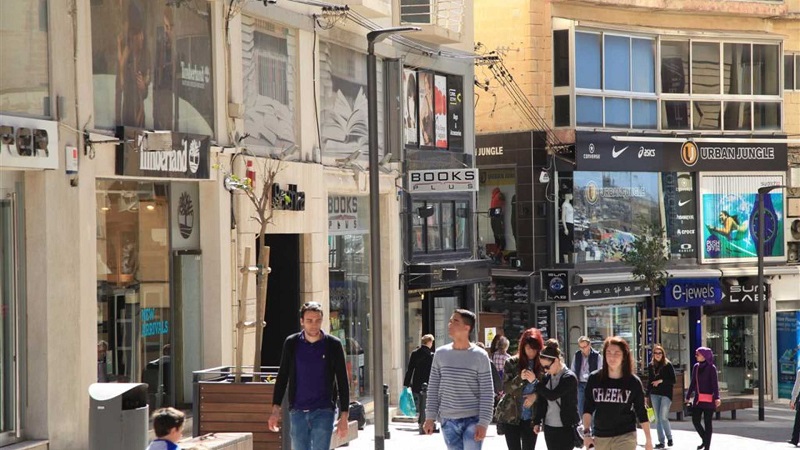Foreign workers are often seen as a threat to the dominant culture but they also bring with them diversity, according to students.
Examiners reports for social studies, history and environmental studies provide interesting insights on how 15-year-olds perceive Malta and the world around them. These are some of the things we learned from this year’s exams.
- The fear that different foreign minority groups may take over or destroy the ‘dominant or traditional culture’ of the guest country was also brought up by a number of candidates sitting for the social studies exam in 2017. But many referred to the positive aspects of migration like learning from other people’s customs and traditions, experiencing varieties of food, appreciating music and learning to live together.
- Many candidates referred to Malta’s booming economy as the reason why Malta is attracting people from other countries.
- The majority of candidates have no idea what ‘inclusive education’ means. “This is surprising especially considering that nowadays schools have become more inclusive in terms of gender and disability as well as more multi-cultural than they were in the past” the report says.
- Only a few candidates could give a satisfactory explanation of what is meant by ‘quality of life of the population’. Those who did, generally referred to health and education as conditions that positively provide for a good quality of life.
- Most candidates showed that they have a good knowledge about urbanisation and its effects on society. One student defined it as the ‘the chewing of land to make space for buildings and infrastructure’ while another defined it as ‘the use of virgin land to extend villages’. Many associate urbanisation with the problem of traffic congestion and parking, the development of large shopping centres and supermarkets and the “ greater presence of foreigners”.
- Candidates sitting for the Environmental Studies exam were asked to mention examples of how multiculturalism is manifested in Maltese society. The most common examples given were the presence of African and Asian immigrants, the presence of various religious denominations, and the availability of Asian, African and Mexican restaurants in Malta.
- Surprisingly, candidates sitting for Environmental Studies showed little understanding of the term ‘biodiversity’. Some listed human activities responsible for loss of biodiversity but failed to explain the relationship between the two. Also, most candidates were not able to explain the term invasive species. Only a few candidates mentioned two proper ways by which biodiversity can be protected and conserved. In general, there was very low understanding of the topic according to the examiners.
- Many candidates sitting for the History exam could not explain what type of relationship Alfred Sant envisaged with the EU when he was prime minister in 1996. Some simply wrote “partnership” but did not amplify on the topic.
- Candidates could not give any indication of the negotiations that were made for Malta’s membership in the EU after 1998. Answers were often brief and full of incorrect information, such as, placing the referendum before the negotiations, mixing up events with the Treaty of Nice, and providing little or no relevant information. Many candidates gave the correct year – 2004 – when Malta became a full member of the European Union, but only a few could give the exact date – 1st May 2004.
- Students sitting for both Maltese and English exams faced difficulties with spelling, syntax and grammar. Poor Maltese vocabulary was reflected in the invention of new words derived from other languages. These included “fjumi” (fumes), “passaġġaturi” (passengers) ,“atterraġ ta’ malajr” (landing) “pilatu” (pilot), “nespressa l-gratitudni” (express gratitude), “posponata” (postponed).












